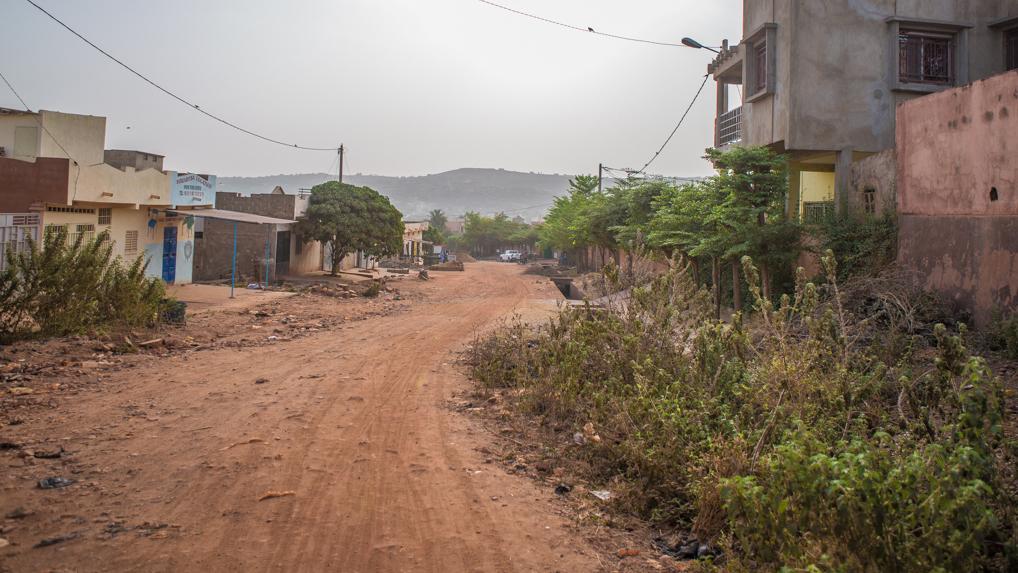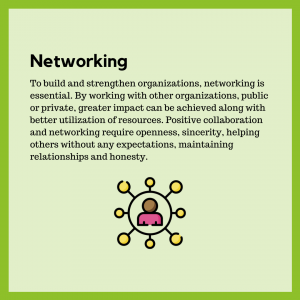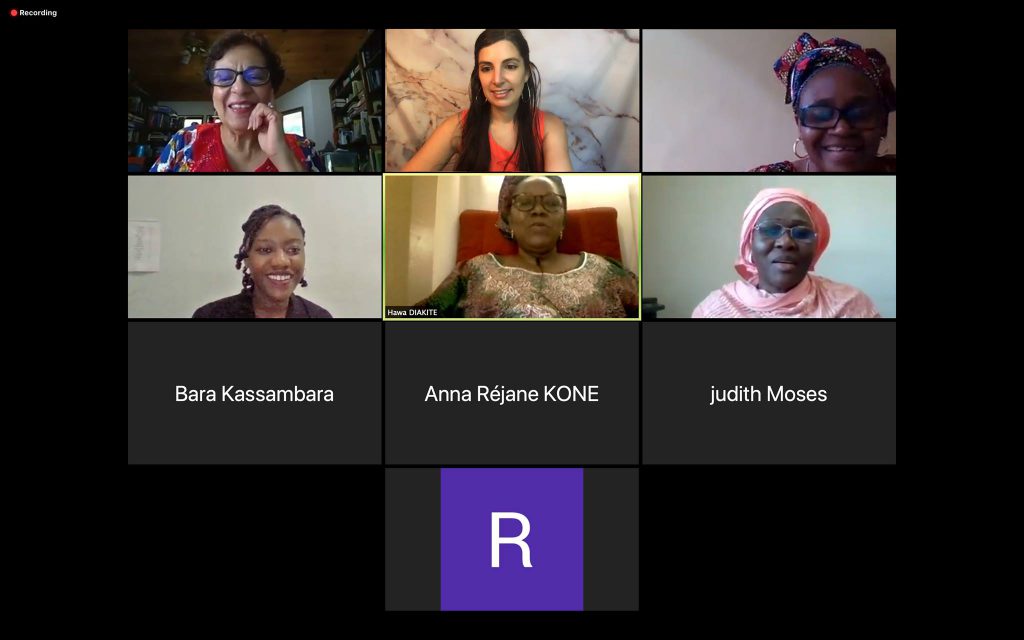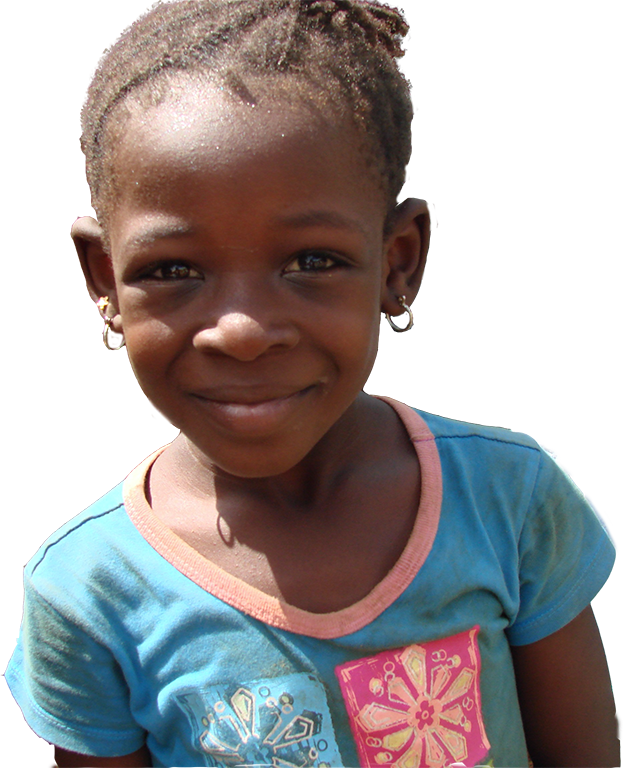
Maintaining an Organization and Improving Soft Skills
Oct. 20 | 2020
It’s been a challenge to move the work our volunteers do in-person to remote trainings. Many things come into play: connection, transferring knowledge to presentations rather than hands on demonstrations and removing the connection volunteers and participants develop.
As our volunteers began this new process, Neelam Canto-Lugo was the first to contribute a three week training about organization development. Working in collaboration with the F2F Country Director, Neelam assessed the current organizational issues and provided appropriate processes to set-up organizations, elect members for positions and defining roles and their responsibilities.
For three weeks Neelam worked with a different organization: African Women’s Leadership in Agriculture and Environment (AWLAE), AFIMA, and Je Kafo. The material was developed with country director, Bara Kassambara, through PowerPoint modules, videos and interactive activities. With the help of technology, they tried to make the experience as real as possible.
“I had been told that our world is as small as an egg, I couldn’t believe, but with zoom training it needs no comment,” Anna Rejanne Koné, Member of AFIMA.
Maintain an Organization
The topics were broken up into ten parts with techniques to give participants an opportunity to reflect their own organizations and how to take steps to reach their full potential. Each topic is explained here:
 |
 |
 |
 |
 |
 |
 |
 |
 |
 |
 |
 |
After the training, the groups were then able to make SMART goals to improve their current practices. For the future, Neelam has started goals for both of the groups such as checking annually with finances, planning programs to turn conversations into action, and expanding the organization when they see fit.
Each organization decided their follow-up plans that were reached at the end of September and will continue to the end of the year. AWLAE is focusing on the main activities: passing material onto people who weren’t able to attend the training, studying and reviewing bylaws for improvement, clarity and updates, as well as development and submission of two projects for future funding. AFIMA is working to pass on their knowledge from the training, conduct a SWOT analysis (strengths, weaknesses, opportunities and threats), and finally, plan a camp of excellence for their students.
Neelam was grateful to work with Bara Kassambara, Judy Moses, and Darla Embry for the guidance in the new process. Like all of our volunteers, she missed the physical interaction and in-country training, but thought the new platform was a helpful format.


